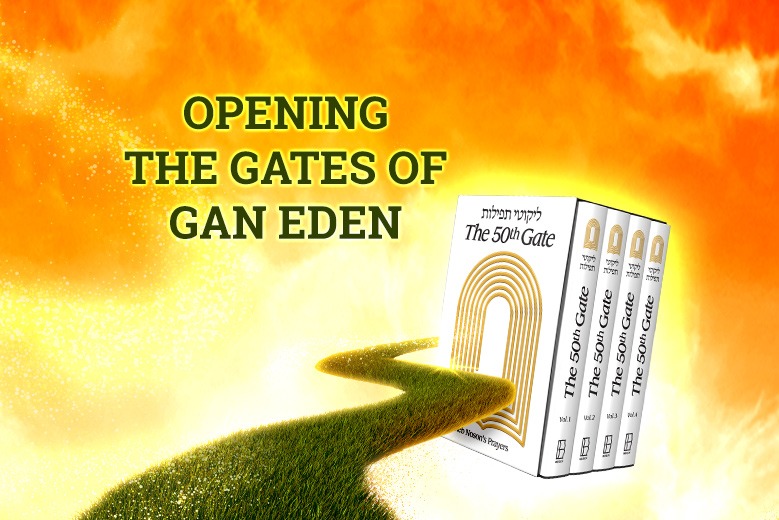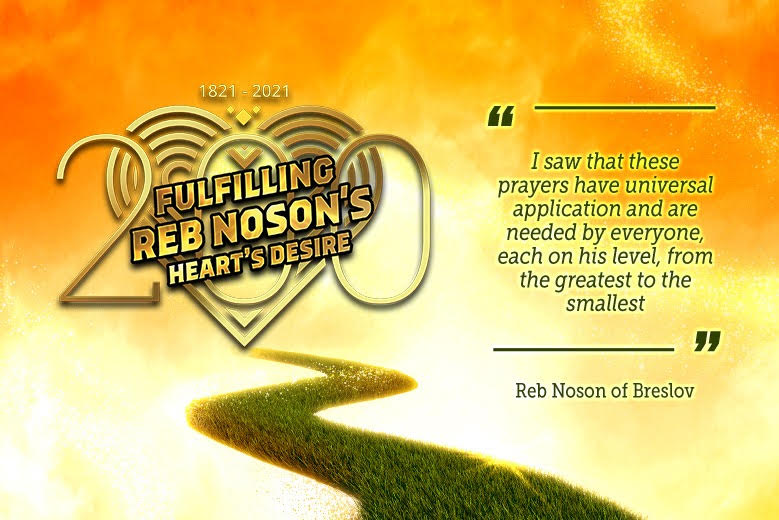Moaning, the krechtz, of a Jew is a precious thing

In exile, our only weapon is crying out! King David engaged his whole life in prayer, screaming, and crying to Hashem until he merited to compose the holy Book of Psalms!
Psalm 77: 2-4
The war in Ukraine is the darkest tragedy. So many people, our people, are suffering under Putin’s insanity and calculated cruelty – a modern Haman, may his memory be erased. All feeling people must cry out for deliverance for Ukraine, Uman, and the Jewish community.
Let us learn from Psalm 77, the sixth Psalm of the Tikkun HaKlali.
We must cry out, as did King David. “King David teaches us how. King David, of blessed memory, engaged his whole life in prayer, supplications, screaming, and crying to Hashem coalescing his thoughts until he merited to compose the holy Book of Psalms.” Outpouring of the Soul
The Psalmist speaks for Israel in Exile. Rabbi Samson Raphael Hirsch
In verse 2 of the Psalm, he cries out twice: My voice is to God, and I shall cry out; my voice [the voice of Jacob] is to God [I beseech], and He gives ear to me.
In exile, our only weapon is crying out. Midrash brings Genesis 27:22 as proof. “The voice is the voice of Jacob.” When the voice of Jacob lifts in emotion, with cries in communal prayer, Esau cannot harm us.
The reason for this, explained in the Zohar, is that there is a critical difference between speech and physical action. Physical action is the most concrete – the most seemingly effective in this world and the most earthly. Speech is more sublime – less connected to the physical world and more heavenly. The way of the nations, connected to the verse, “the hands are the hands of Eisav” (Genesis 27:22), is to use physical action, which has the more obvious outer effect. But our way has always been to transcend the physical and connect to Hashem on a higher level. Thus, we cry out with our voices and connect to that level of speech, that higher realm in which we are all one Knesset Yisrael.
When the voice of Jacob lifts in emotion, with cries in communal prayer, Esau cannot harm us!
The Psalmist gives a double cry invoking the clouds of glory that accompanied the Jews in the desert. As the cloud protected us, Hashem hearing our cries, so will Hashem listen to us and respond. Midrash Tehillim
This idea, too, is discussed in the Zohar. Interestingly, the things that protected the Jews in the desert were “clouds.” Why not iron or stone barriers? Clouds are essentially water vapor, the same as our breath. The clouds of glory came to teach us that the less tangible and earthly aspect of speech can save us, as we cry out to Hashem in prayer, and not weapons of iron and stone.
From Breslov teachings:
“A double prayer, a powerful voice that Hashem hears.” Likutey Moharan 2:46
“And so, he must cry out loudly from the depths of his heart to his Father in Heaven. God will hear his voice and turn to his cry.” Likutey Moharan 46:3
“Prayer helps nullify the heavenly decree before and even after it has been issued.” The Alef-Bet Book, Tefila A:14
The desperation intensifies and manifests in physical pain, so deep is his cry in Verse 3. “On the day of my distress, I sought the Lord. My wound oozes at night and does not abate; my soul refuses to be comforted [because of the intensity of exile].”
The result is a deep moan mixed with cries found in verse 4. “I remember God, and I moan; I speak. My spirit becomes faint, Selah.
Moaning, the krechtz, of a Jew is a precious thing. From Kitzur Likutey Moharan I 8:1, “The sighing and groaning of a Jew are very precious because they entail the completion of whatever is lacking. In other words, when a person lacks something, and he sighs over what he lacks, he thereby makes up that deficiency.”

He must cry out loudly from the depths of his heart to his Father in Heaven…
In the story of Purim, we also see that the Jews relied upon their age-old tradition of crying out to Hashem. In the bitter decree of Achashverosh, masterminded by Haman, to wipe out the Jewish people, it seemed as if there was no hope.
“He (Mordechai) cast aside all wisdom and did simple things without any sophistication, going out into the center of the city and crying out bitterly while wearing his sackcloth and ashes.” Likutey Halakhot Purim 3
But it was through Mordechai calling upon the Jewish people to cry out to Hashem with sackcloth and fasting that the union of the whole Klal Yisrael together in their distress brought about salvation. This is the power of the krechtz of a Yid!
It is as if King David is working up to a holy krechtz by crying over and over again, painfully lamenting the destruction of two Temples, exiles, persecutions, death, and destruction. So let us all cry again and again in prayer and finally come to a sigh and a groan which God will surely respond to, protect us, and bring us to the final redemption.











 However, in order for us to see this project through and make these special prayers available to all, we need your help.
However, in order for us to see this project through and make these special prayers available to all, we need your help.


